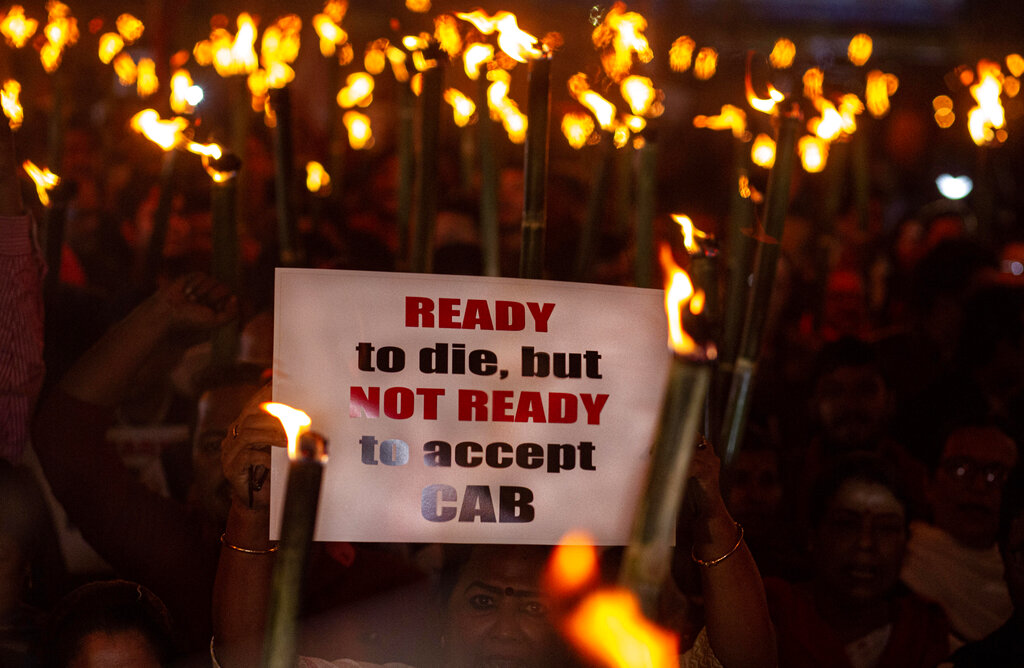The Citizenship Amendment Bill (CAB) has prompted the Rajbanshis in north Bengal to launch protests and threaten a larger movement if citizenship is granted to those who came to India after 1971.
Leaders of the Greater Cooch Behar Peoples’ Association (GCPA) — formed to push for a separate state of Cooch Behar and known to have clout among the Rajbanshis — have declared that their movement will cover north Bengal and some areas of neighbouring Assam.
“We will never accept the CAB. We want 1951 to be the cut-off year for citizenship. At best, it can be 1971. But going by the CAB, even persons who came to India in 2014 can get citizenship,” said Bangshi Badan Burman, the GCPA general secretary.
Burman said they wanted the NRC in Bengal. “But unless the cut-off year is fixed at 1971 (as in the Assam NRC), we will not stand by the Centre.”
The BJP has been facing protests in north Bengal, particularly in the hills over the NRC and the CAB, as thousands of Gorkhas in Assam have been left out of the final NRC. “The BJP played the NRC card and got the support of many Rajbanshi voters. This helped the party win seven of eight parliamentary seats in the region. Now the party cannot afford to antagonise the community,” said an observer.
The CAB — which the BJP has been trying to project as a relief for many of those excluded from the NRC in Assam — has not been welcomed by several such people.
One of them is Arati Gope, a native of Tufanganj in Cooch Behar now settled in Assam. “My name is not there in the NRC like several other women who are from Bengal but stay in Assam. Despite being Indians, our names were excluded. Even if we are given citizenship under the CAB, it would be construed that we have come from some other country. This is hard to accept,” said Arati.











